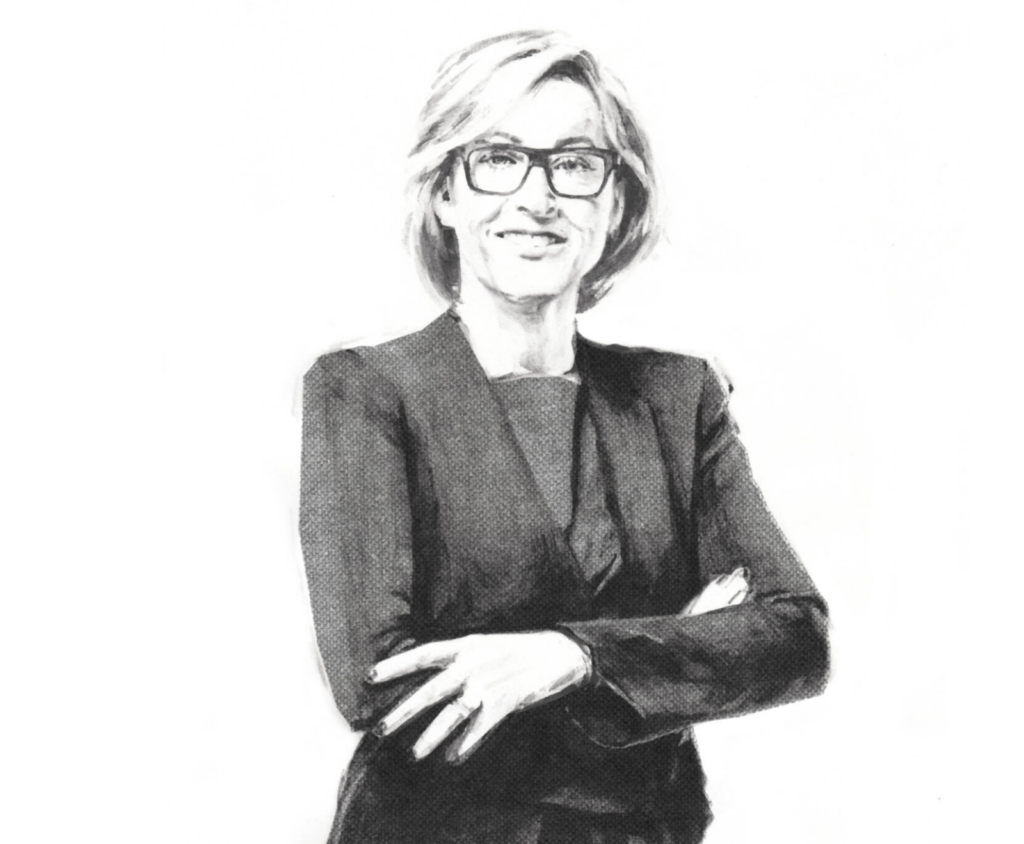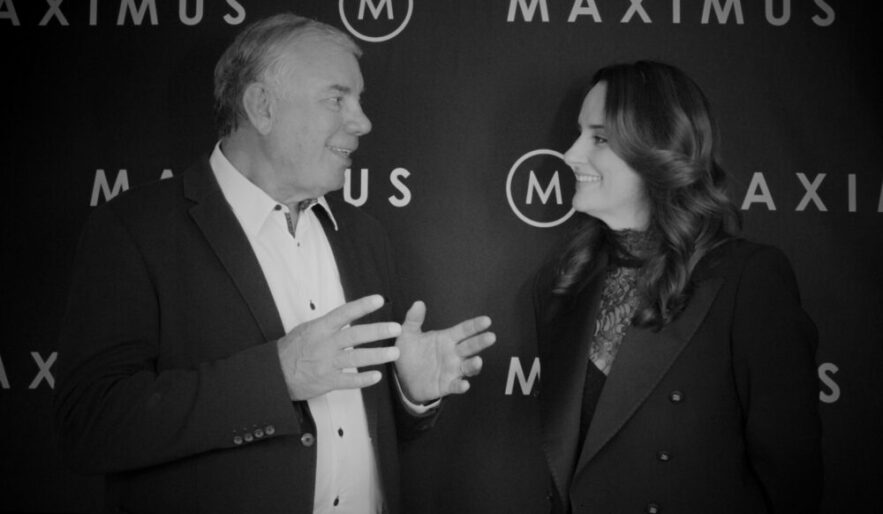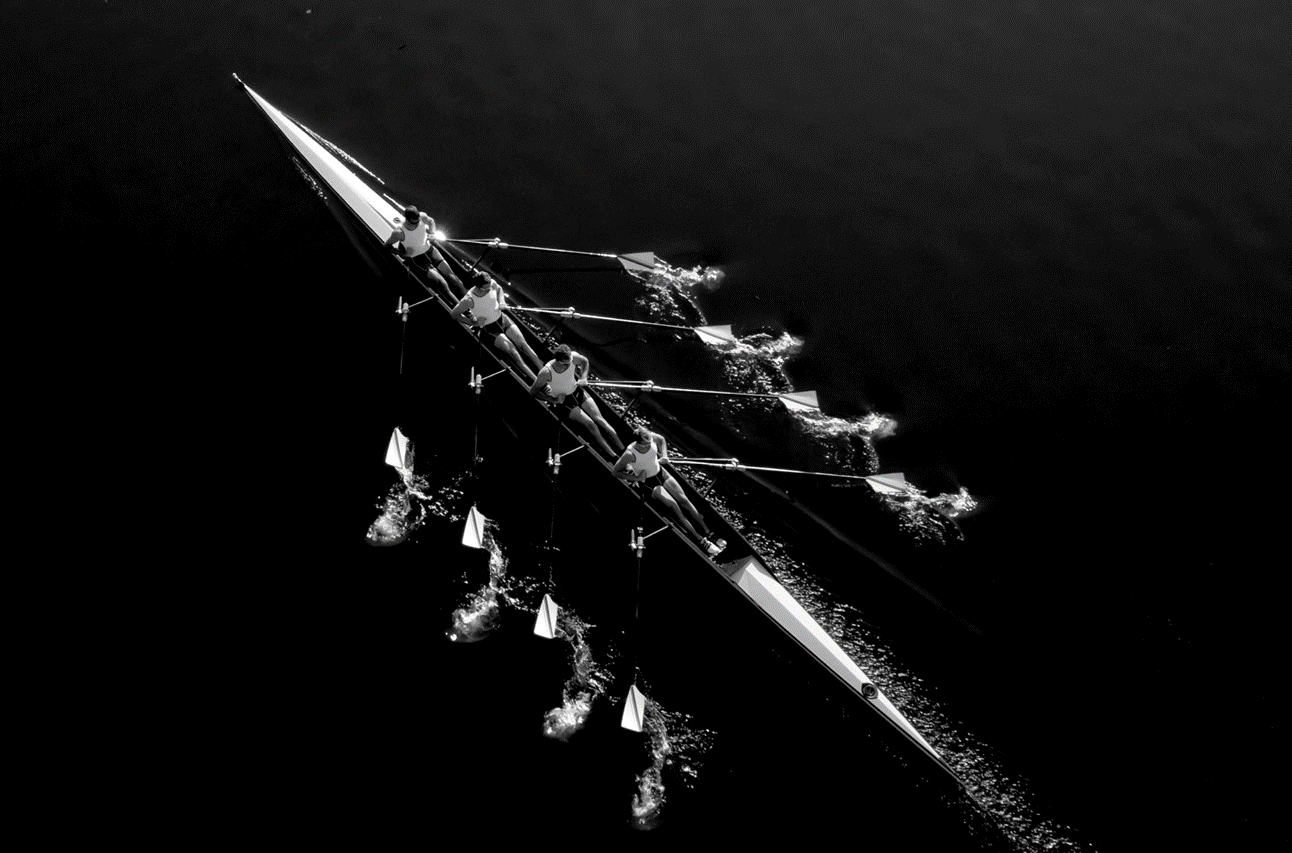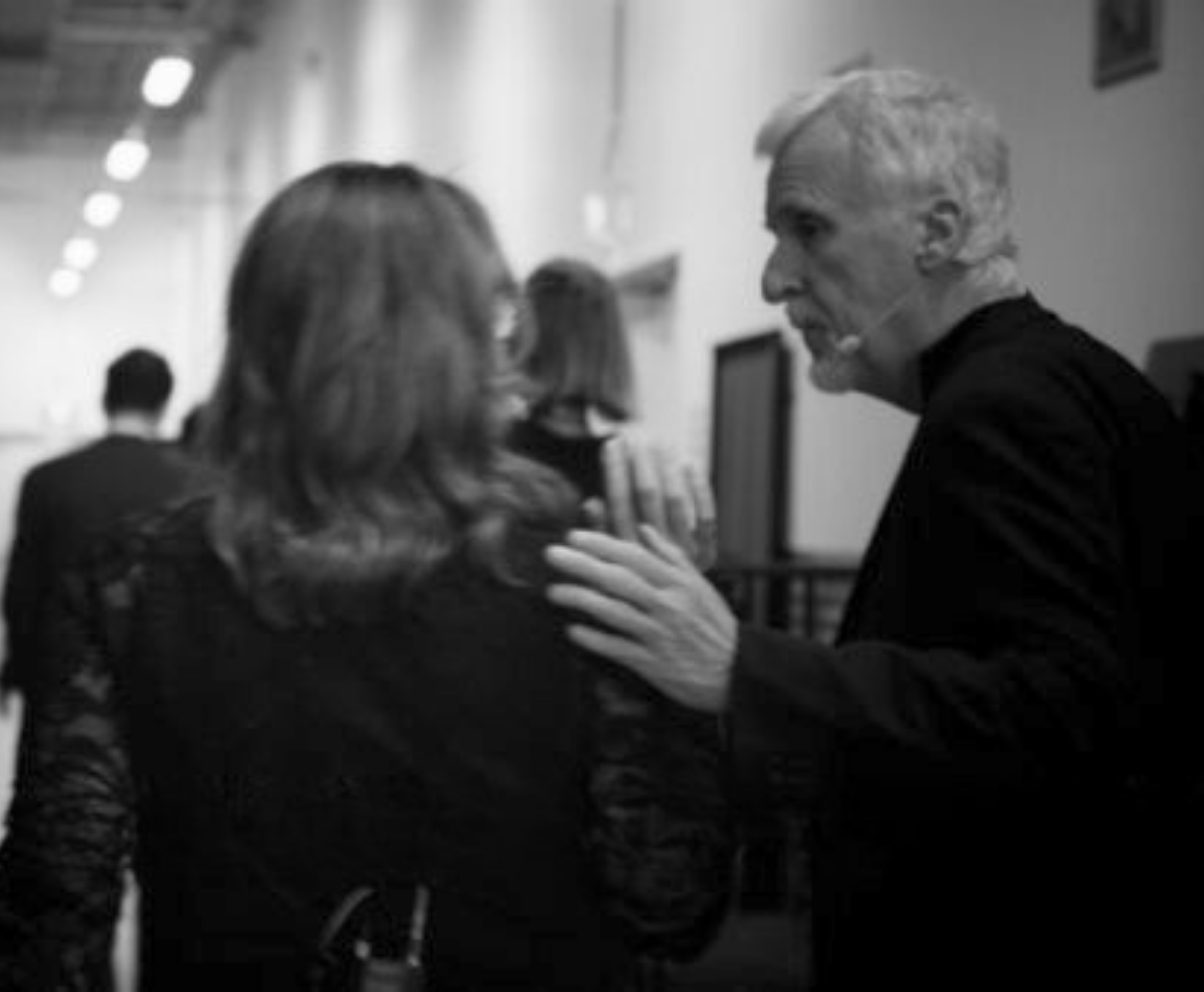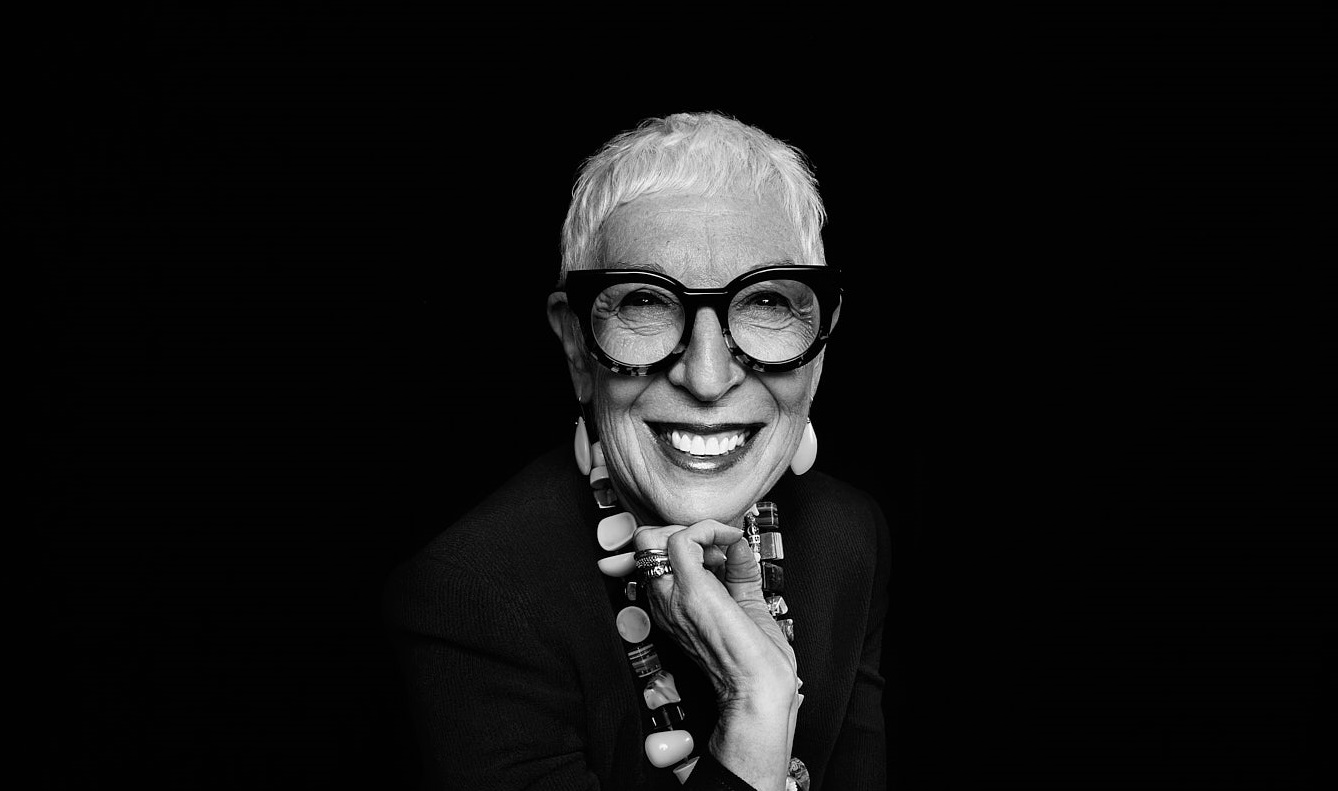“I love that we’re really examining things and saying ‘As a leader, how can I be transparent? How can I show up as I am and create a great culture in an organisation?”
– Janette Kendall, Non-Executive Director
In the prime of her career as an in-demand company director, Janette Kendall is confident that her daughter won’t encounter the same gender barriers that she faced in her own early years in the workforce. Kendall believes there’s been much progress and continues to push for more gains around gender equality – and diversity in its broadest context.
During her executive career, Kendall has been on the senior management teams of numerous companies, as diverse as Senior Vice President of Marketing at Galaxy Entertainment Group in China, Executive General Manager of Marketing at Crown Resorts, General Manager and Divisional Manager roles at Pacific Brands, Managing Director of emitch Limited, and Executive Director of Clemenger BBDO.
She took her first company director role in 1998, with the Melbourne International Arts Festival, and today holds numerous non-executive director positions, including of Vicinity Centres, Tabcorp, Costa Group and Visit Victoria. Kendall is also a fellow of the Australian Institute of Company Directors and an active member of Chief Executive Women.
Kendall started out as an office junior at BHP and has not wasted a moment in her journey. She had both her children during her time with advertising giant Clemenger. “I was carrying both the burden and the privilege of being the first woman appointed to their board,” she recalls. She’d already had her son when she was made a director. “A colleague said, ‘Oh, well, you won’t be having another baby now.’ I said why not? What she didn’t know was that I was already pregnant. I remember sitting in board meetings where the other directors were still adjusting to the fact that there was one woman on the board, thinking ‘How ironic if I’m having a girl, because then we’ve snuck two women in the boardroom!’” Indeed, she was to soon welcome a baby daughter.
“I fast-forward to today and my career as a director and reflect on those experiences along the way – I feel I can make an even greater difference now,” she says. Kendall believes her influence as a leader now is “far bigger as a director than as part of the executive team, because I’m out of the politics and day to day operational pressures”.
It’s clear that she finds this enormously liberating and rewarding. “I really admire those leaders today who are far more genuine and transparent and are operating from a real sense of core beliefs in putting people first,” she says. “I came up in an era when often profit came before people. CEOs would say, ‘People are our most valuable asset’, but they didn’t stand by it… in challenging times people were the first to go. I think the combination of those experiences has shaped me quite a bit.” Contrast that with today, when COVID-19 hit the first priority for organisations I’m involved with was to genuinely put people first and help them best manage through this period of unprecedented work and family challenges.
Contrast that with today, when COVID-19 hit the first priority for organisations I’m involved with was to genuinely put people first and help them best manage through this period of unprecedented work and family challenges.
“You make your own opportunities by seeking out people who could support you along the way regardless of your gender or age.”
– Janette Kendall
Kendall believes that neither her son or daughter will have to do what she did to manage her executive career and having a family. “I seriously compartmentalised, and for me that was not being authentic,” she says. “When I was at work, I never had photos of my kids on my desk, I was all about work. I adapted to that male environment I was in; there was no other woman on the board, let alone a mother.” Back then there was no paid maternity leave, and it took decades for paternity leave to even become a consideration.
She reflects that an upside of COVID-19 has been seeing the vestiges of those barriers between our work selves and our whole selves broken down, hopefully once and for all. “The best thing is when you’re on a Zoom meeting and a baby is passed into the frame to get a kiss goodnight for bed,” she says. “I became more vocal about speaking up about all this some time ago, because too many women (and men) compromise too much of ourselves trying to pretend they don’t have a life outside.”
She says she still sees some male leaders hide behind fake excuses to leave early or arrive late because of family commitments, and she counsels them strongly against it. “I was talking to a guy about it the other day, and I said, ‘I did that my whole career, but please stop doing it – you’re a leader, don’t you want your team to be honest about living their lives and help them to manage work and family commitments?’.”
Kendall says challenging the vestiges of those old social norms is key to being an authentic leader. “I love that we’re really examining things and saying, ‘As a leader, how can I be transparent, how can I be genuine, how can I show up as I am and create a great culture in an organisation.’”
She’s drawing on decades of invaluable real-life experience. “When I was working in the photocopying department at BHP, you really were seen as the lowest of the low in the pecking order,” she recalls. “The secretaries would come down with their requisition forms for copying and virtually throw it at you. I look back and I think it was the making of me. I’d come from a very middle-class upbringing; the youngest of three girls and mum and dad worked incredibly hard to send us to private school. Both at home and at school we were instilled with the belief that we could achieve anything through hard work, and commitment.”
That background and context meant that gender discrimination in the workplace was a shock, which Kendall turned into both a learning experience and a challenge. “My foundational years were critical in so many ways,” she says. “It made it so clear to me that you must respect people at every level of the organisation, and I also learnt that you make your own opportunities by seeking out people who could support you along the way regardless of your gender or age.”
“We’ve got to continue to change and evolve organisation cultures. We need more organisations operating with a lot more heart and genuinely putting people first. We know that profit follows if you really do put people first.”
– Janette Kendall
Kendall is humble about it, but as well as using her influence in the boardroom, she also makes time to directly interact with people who she hopes will be future leaders.
“I’m an informal mentor to a few amazing women in the startup and fintech space,” she says. “I love working with women in particular in that space. I got involved with Mentor Walks that Bobbi Mahlab founded in Sydney. It’s phenomenal – I’m an absolute fan of Bobbi. I love the Mentor Walks, and I’ve recruited lots of people to join in – once a month we go for a walk once around The Tan in Melbourne. Each mentor is allocated three women and they each have to bring a burning question they want to ask. I’m really just facilitating them solving their problems – all the mentors say we get just as much (if not more) out of those sessions as the mentees do!”
Kendall has much to offer from her own life experiences, and she shares them generously. She missed out on her dream of a journalism cadetship straight out of school in 1980 so, until she could try again the following year, her father said she should get a temporary secretarial job, reasoning she’d need to learn typing and shorthand for journalism.
Looking back, she realises that she entered into a working world that “was characterised by male-dominated organisations that were designed by our great-grandfathers … so I came up in an environment that was very much about command and control. I never felt comfortable in that environment.” Kendall says she tells her 28-year-old daughter that she’d “love to be starting my career now – the organisational culture is much more suited to me now than it was back then.”
Never one to sit still, she didn’t spend long photocopying at BHP, and her instinct and energy to challenge the status quo for what she believed in is a life lesson. “Like a lot of big companies back then, they had a head of female staff, a separate superannuation policy for women that matured when you got married or when you fell pregnant,” she says. “All the women were secretaries, there were no role models of women in leadership. I made an appointment with the head of female staff and said, ‘I’d like to work here in a permanent role for a year, but not in the photocopy department – have you got any other jobs?’ A fabulous woman called Pat King found me an opportunity in the Public Affairs Department and I stayed there for the next three years.”
Kendall never looked back. She worked her way through the ranks, studying part-time for nine years first at RMIT studying PR, and then earning her Bachelor of Business, majoring in Marketing from Monash University, soon finding herself in advertising.
“Even though it was the ’80s, it was still exactly like Mad Men, which of course was set in the ’60s,” she says. “But I was a young ambitious woman and I was up for the challenge. I always had a drive to test the limits – which meant I rubbed up against a lot of the leadership style that I was working under. Having said that, I was supported by a lot of people as well, and given lots of opportunities.”
Paying it forward has long been the natural way of doing things for Kendall. In recent years, she has become involved with Youth Activating Youth (YAY), which organises programs for disadvantaged multicultural Australian youth. “Ahmed Hassan is the son of Somalian and Eritrean immigrants and at 18 he co-founded YAY,” says Kendall. “It’s a wonderful organisation – it includes programs around education, sport, and a women’s leadership program.”
Kendall met Hassan at a charity lunch and as she left told him how impressed she was and that they should catch up for a coffee. She’s now a mentor to him, too. “It’s been eye-opening for me to get an insight into his community in Melbourne, and some of the enormous challenges they face,” she says. “But it gives me so much hope when you’re dealing with younger people who are doing phenomenal things, and Ahmed is a great example of that. It gives me immense joy to mentor him and I hope it opens lots of doors for him. I’ve nominated him for Australian of the Year, and he’s on the short list for Victoria. He’s so deserving and it’s opened my eyes: I was ashamed to hear some of the stories of discrimination suffered by this community in Melbourne, but at the same time optimistic that the work of YAY is making a difference.”
Kendall says she finds spending time with her young female mentees and Hassan energising, which is the same feeling she experienced in her first foray into working with internet entrepreneurs back in her Clemenger days. She loves the way that leaders in the modern startup era have redefined leadership. “They talk from the heart, with great passion, and share their vulnerabilities.” She admires their ability to find new ways to solve problems, to be innovative whilst at the same time being commercially savvy.
She no longer hesitates to speak her mind. “To be totally honest, I see things I would not have challenged in the past,” she says. “I’ve seen appalling behaviour in the workplace throughout my career, I’ve been on the receiving end of it and I’ve even made some bad calls myself. Now I just call that stuff out as soon as I see it. We’ve got to continue to change and evolve organisation cultures. We need more organisations operating with a lot more heart and genuinely putting people first. We know that profit follows if you really do put people first.”

